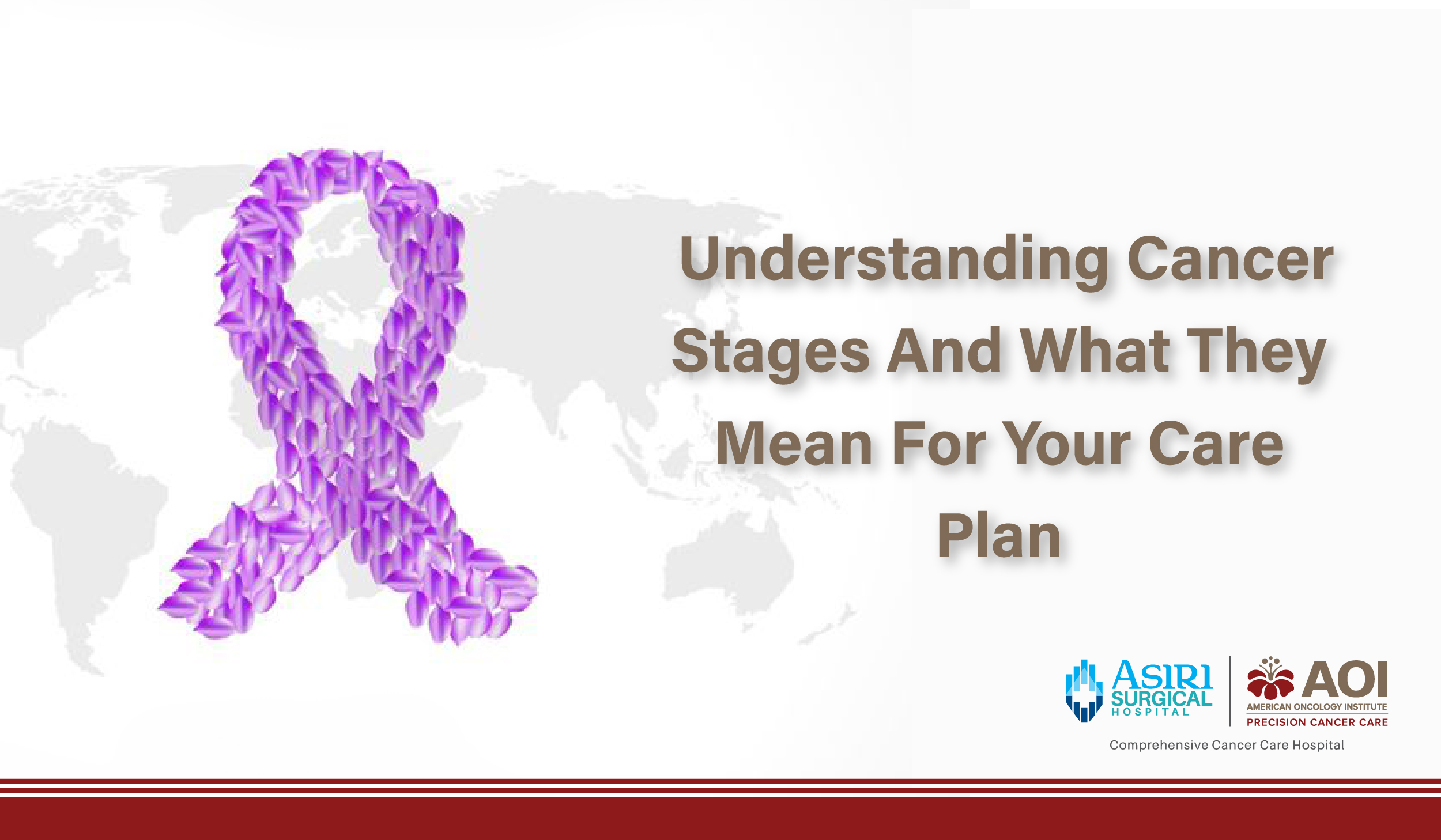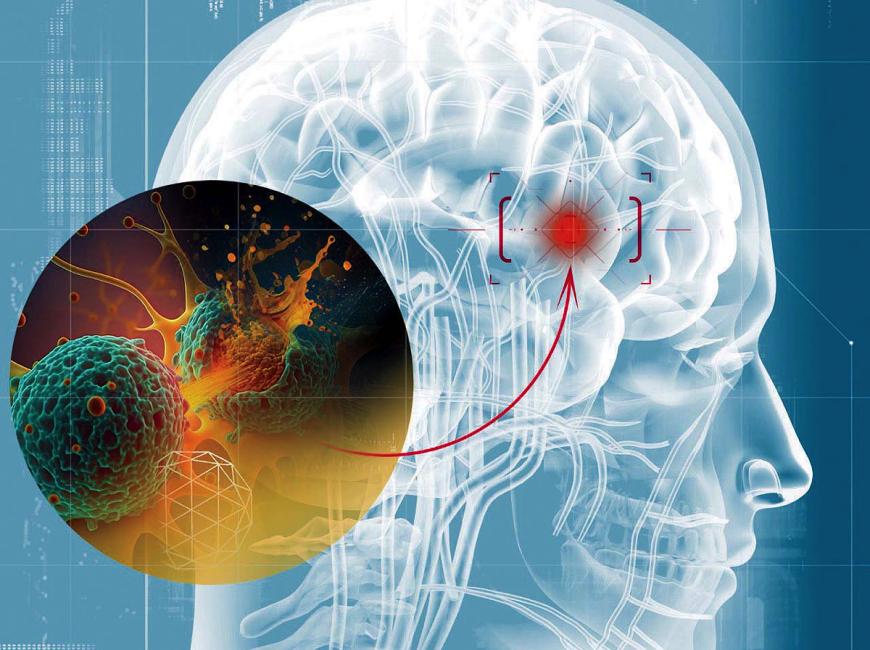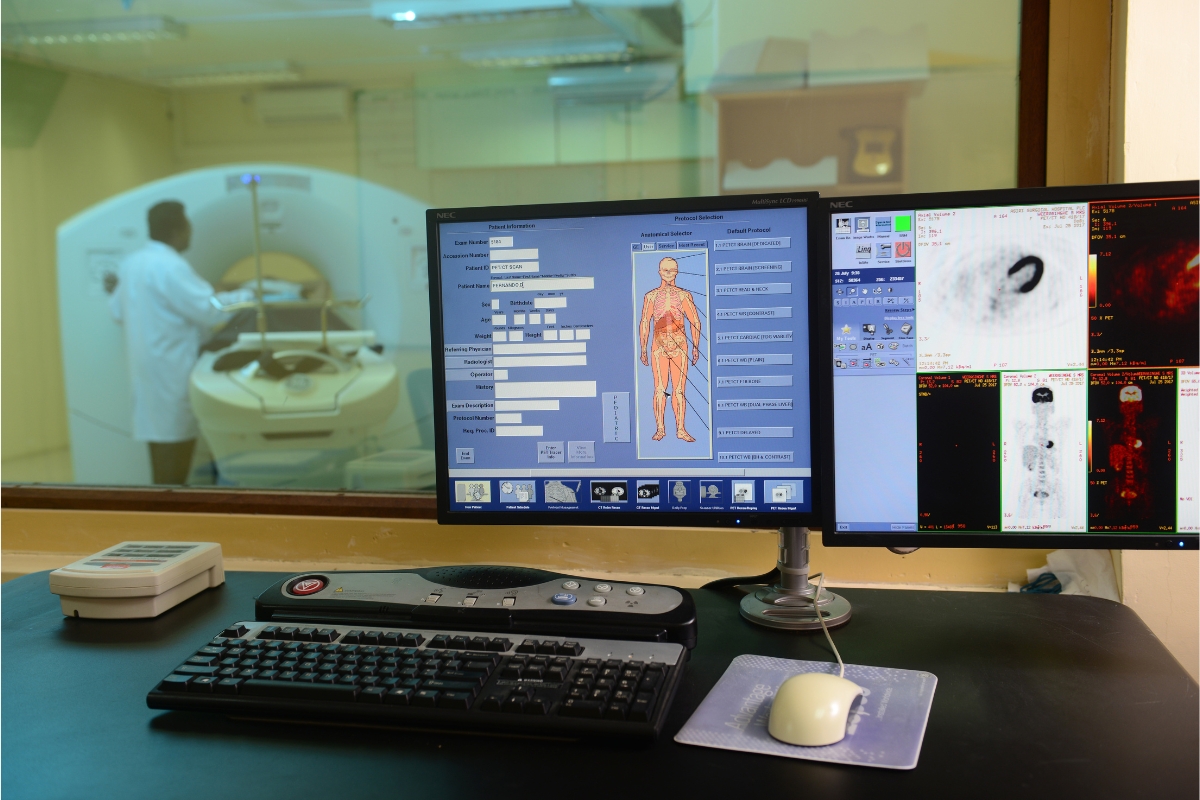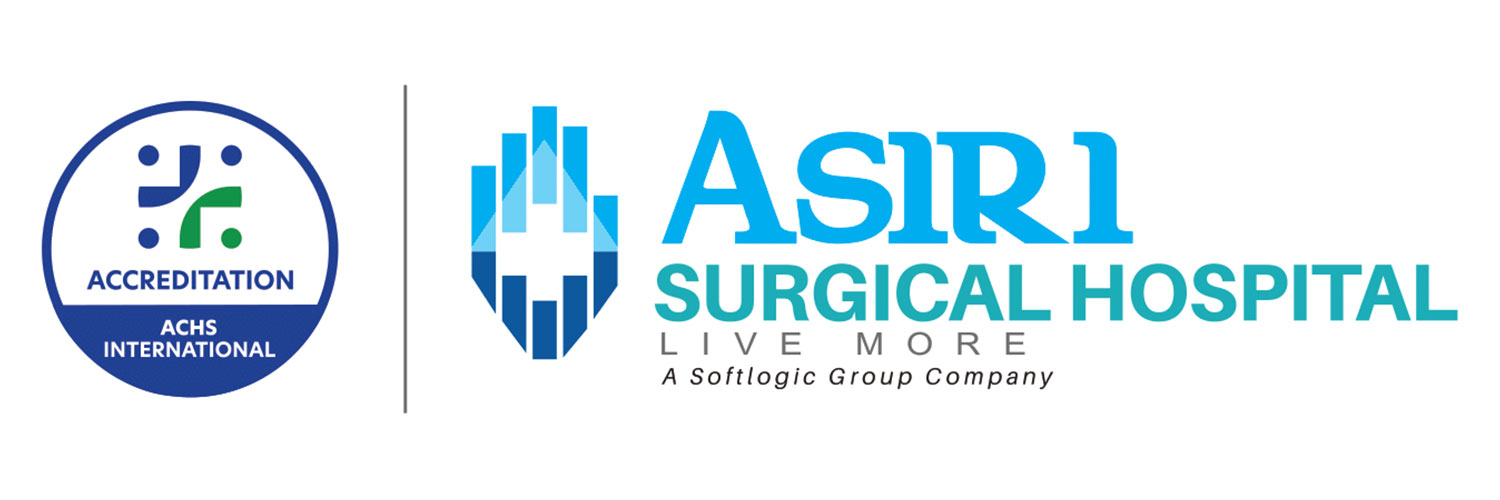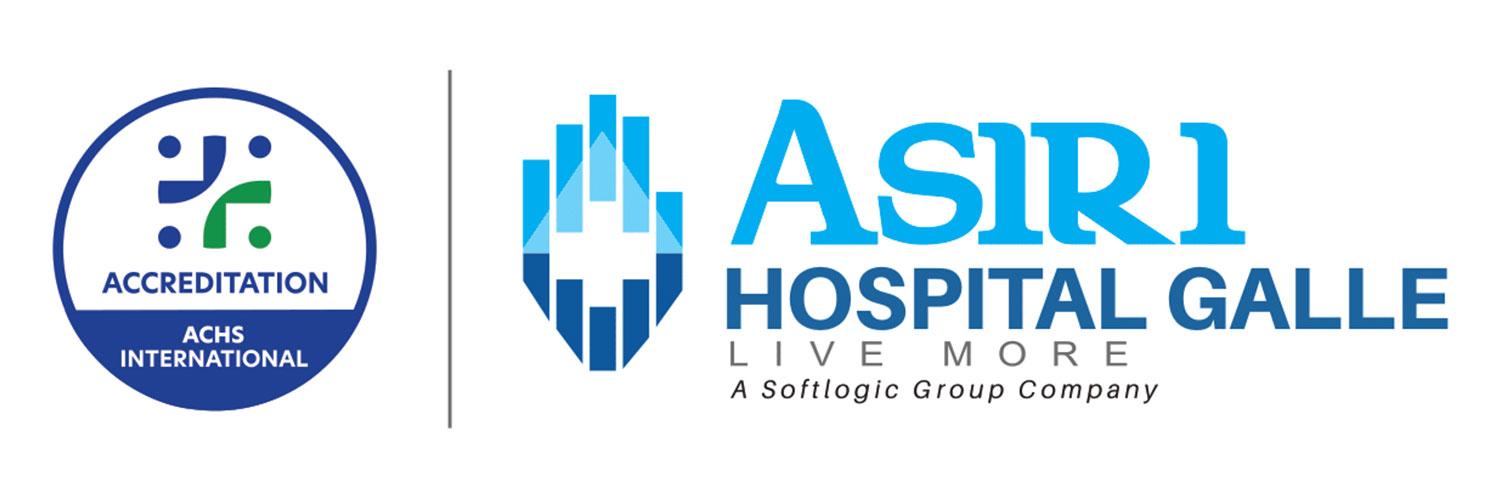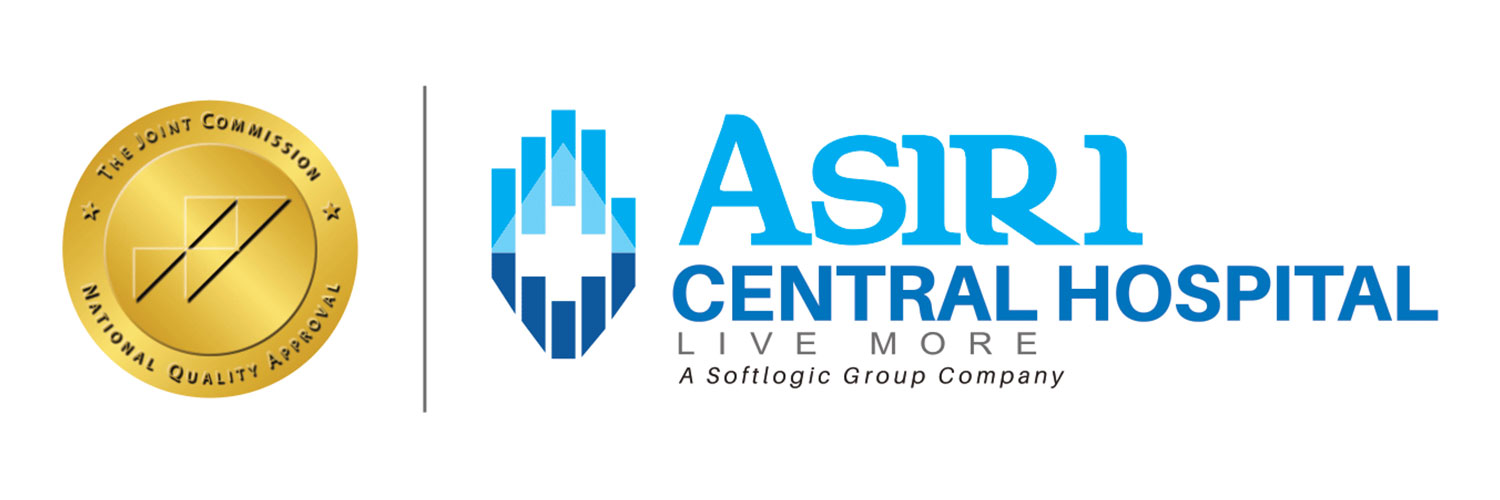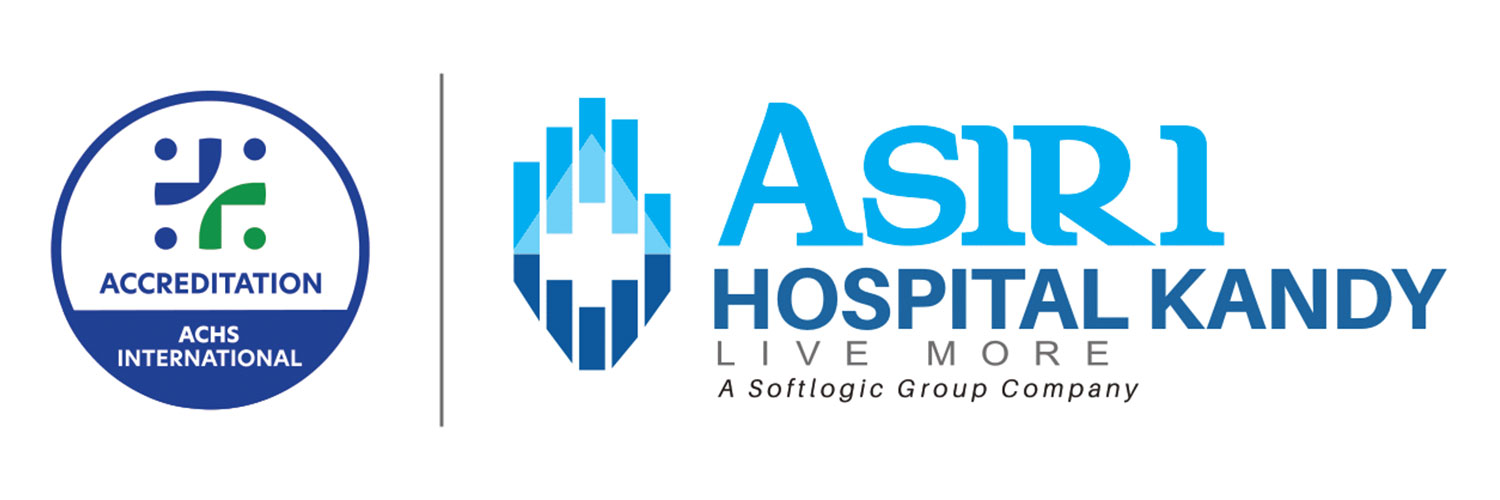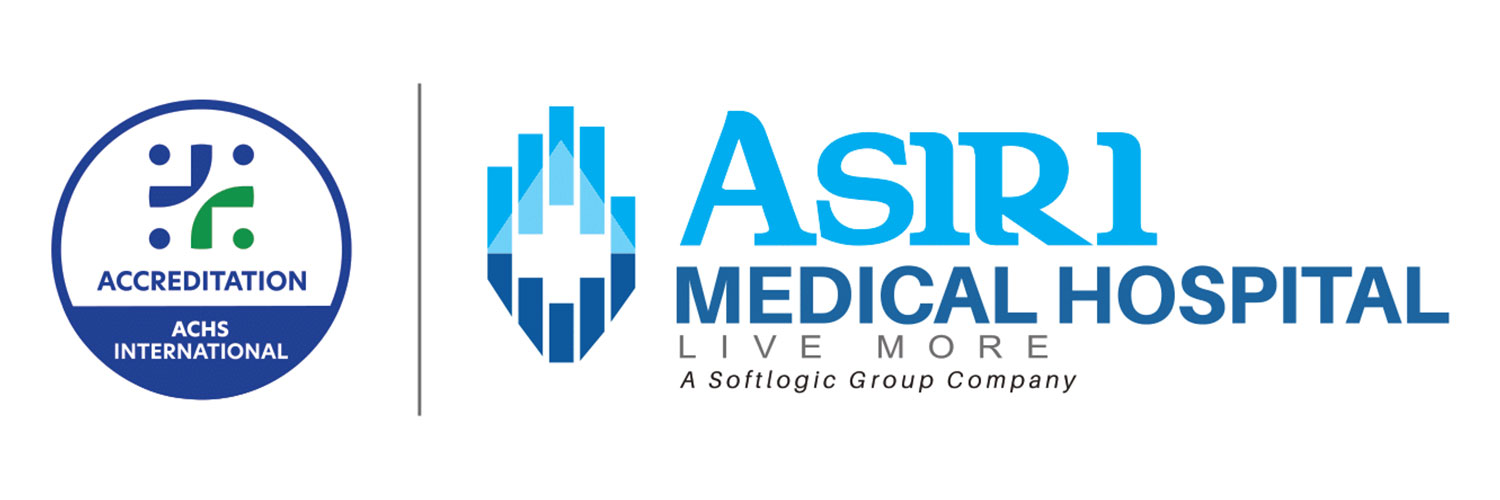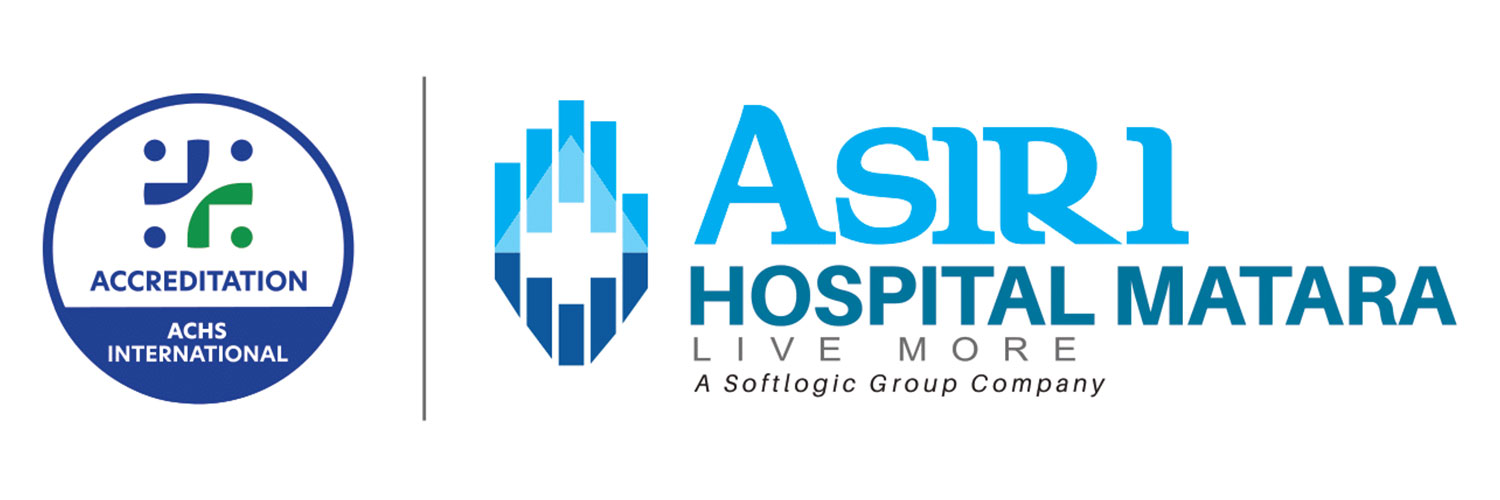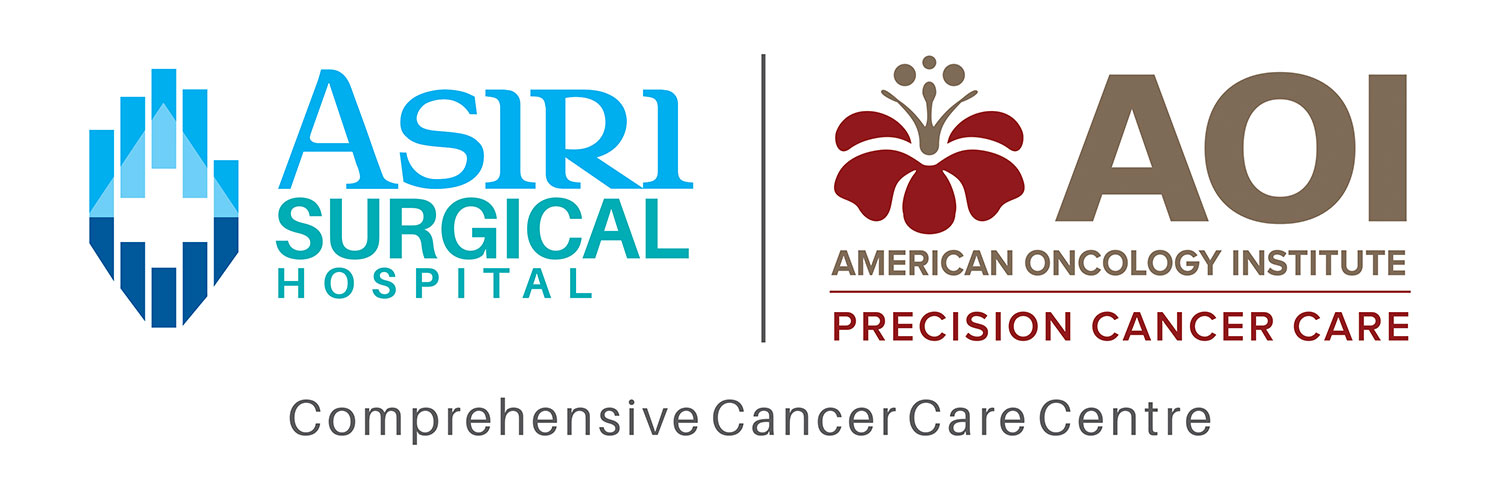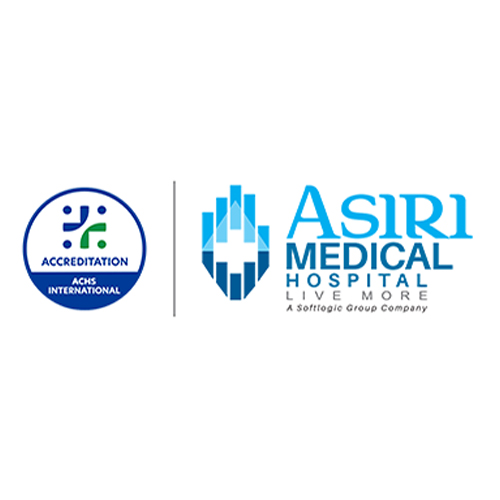December 23, 2024
Understanding Cancer Stages and What They Mean for Your Care Plan
Cancer is a complex disease that manifests differently in every individual. One of the most important factors influencing treatment decisions and outcomes is the stage of cancer at diagnosis. Understanding cancer stages not only helps in assessing the severity of the disease but also plays a critical role in formulating an effective care plan. At Asiri AOI Cancer Care Hospital, we believe in empowering patients with knowledge to help them make informed decisions about their treatment journey.
What Are Cancer Stages?
Cancer staging refers to the process of determining the extent of cancer in the body. It describes how large a tumour is, whether it has spread to nearby lymph nodes or other organs, and helps in predicting the course of the disease.
Why Is Cancer Staging Important?
- Guides Treatment Decisions: The stage determines whether surgery, chemotherapy, radiation, or a combination of treatments is required.
- Predicts Outcomes: Higher stages often indicate more aggressive cancers, influencing prognosis.
- Standardises Communication: Staging ensures that medical teams worldwide can collaborate effectively on patient care.
- Monitors Progress: It helps track how well a treatment plan is working and if adjustments are needed.
At Asiri AOI Cancer Care Hospital, staging is performed with precision using advanced diagnostic tools, ensuring the most accurate assessments for our patients.
How Are Cancer Stages Determined?
Staging is typically based on a system known as TNM staging, developed by the Union for International Cancer Control (UICC). This system evaluates three key factors:
1. Tumour (T):
Describes the size and extent of the primary tumour. It is categorised as:
- T0: No evidence of a primary tumour.
- T1-T4: Increasing size and/or extent of the primary tumour.
2. Nodes (N):
Indicates whether cancer has spread to nearby lymph nodes:
- N0: No lymph node involvement.
- N1-N3: Increasing involvement of nearby lymph nodes.
3. Metastasis (M):
Denotes whether cancer has spread to distant parts of the body:
- M0: No distant metastasis.
- M1: Distant metastasis present.
These components are combined to assign an overall stage, ranging from Stage 0 to Stage IV.
Understanding the Stages of Cancer
Stage 0: Carcinoma in Situ
- Cancer cells are present but have not spread beyond their original location.
- Often considered pre-cancerous and highly treatable.
- Example: Stage 0 breast cancer, also known as ductal carcinoma in situ (DCIS).
Stage I: Early-Stage Cancer
- The tumour is small and has not spread to lymph nodes or distant sites.
- High success rates with treatment options like surgery and localised radiation.
- Example: Early-stage cervical cancer.
Stage II and III: Locally Advanced Cancer
- The tumour is larger and may have spread to nearby lymph nodes but not to distant organs.
- Treatment often involves a combination of surgery, radiation, and systemic therapies such as chemotherapy.
- Example: Stage II or III colorectal cancer.
Stage IV: Advanced or Metastatic Cancer
- Cancer has spread to distant organs such as the liver, lungs, or bones.
- Treatment focuses on managing symptoms, slowing disease progression, and improving quality of life.
- Example: Stage IV lung cancer.
Each stage represents a unique challenge, but with the right care plan, many patients achieve positive outcomes.
Diagnostic Tools for Staging at Asiri AOI Cancer Care Hospital
At Asiri AOI Cancer Care Hospital, we use state-of-the-art diagnostic tools to accurately determine the stage of cancer. These include:
1. Imaging Tests
- CT Scans and MRI: Provide detailed images of tumours and surrounding tissues.
- PET Scans: Detect cancer activity and metastasis.
- Ultrasounds: Identify abnormalities in soft tissues.
2. Biopsies
- Tissue samples are analysed to confirm the type and stage of cancer.
3. Blood Tests
- Markers such as PSA (for prostate cancer) and CA-125 (for ovarian cancer) help in diagnosis and monitoring.
4. Endoscopy and Laparoscopy
- Used to visualise internal organs and collect tissue samples for analysis.
Our advanced facilities and expert medical team ensure that every diagnosis is accurate, enabling the development of a tailored treatment plan for each patient.
How Stages Influence Your Care Plan
The stage of cancer directly impacts the type and intensity of treatment required. At Asiri AOI Cancer Care Hospital, we offer a multidisciplinary approach to create personalised care plans for every patient. Here’s how staging influences treatment:
Stage 0 and I
- Treatment Focus: Surgery is often sufficient to remove the cancer completely. Radiation may be used in certain cases to ensure no residual cells remain.
- Outcomes: High cure rates with minimal long-term impact.
Stage II and III
- Treatment Focus: Combination therapies are common, including:
- Surgery to remove the primary tumour.
- Chemotherapy or radiation to target remaining cancer cells.
- Immunotherapy to boost the immune system’s response.
- Care Plan: Close monitoring and follow-up to ensure cancer does not recur.
Stage IV
- Treatment Focus: Managing symptoms and improving quality of life through:
- Targeted therapies to slow tumour growth.
- Palliative care to address pain and other symptoms.
- Care Plan: Emphasis on patient comfort and emotional support.
Personalised Cancer Care at Asiri AOI Cancer Care Hospital
At Asiri AOI Cancer Care Hospital, we recognise that every patient’s journey is unique. Our holistic approach to cancer care includes:
1. Multidisciplinary Team (MDT)
Our MDT includes oncologists, radiologists, pathologists, and nurses who collaborate to design and implement the most effective treatment plans.
2. Advanced Treatment Options
- TrueBeam STx Technology: Precision radiation therapy that minimises damage to healthy tissues.
- Immunotherapy: Harnessing the body’s immune system to fight cancer.
- Minimally Invasive Surgery: Reducing recovery time and post-operative complications.
3. Emotional and Psychological Support
- Dedicated counsellors and support groups to help patients and families cope with the challenges of cancer treatment.
- Nutritional advice to support overall health during treatment.
4. Comprehensive Follow-Up Care
- Regular check-ups and monitoring to detect any signs of recurrence.
- Rehabilitation services to aid recovery and improve quality of life.
Empowering Patients with Knowledge
Understanding cancer stages can be overwhelming, but knowledge is a powerful tool in the fight against this disease. At Asiri AOI Cancer Care Hospital, we are committed to educating our patients and their families about their condition, treatment options, and the road ahead.
Why Choose Us?
- World-class facilities and technology.
- Compassionate care from experienced professionals.
- Tailored treatment plans that prioritise patient well-being.
Take the First Step Today
If you or a loved one has been diagnosed with cancer, don’t face it alone. Contact Asiri AOI Cancer Care Hospital to learn more about our comprehensive care services and how we can support you on this journey.
Let us partner with you in the fight against cancer, offering hope, healing, and cutting-edge treatment every step of the way.
